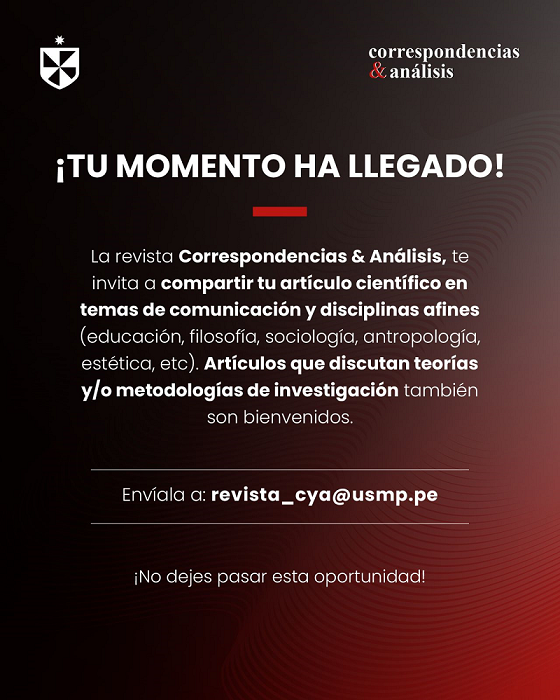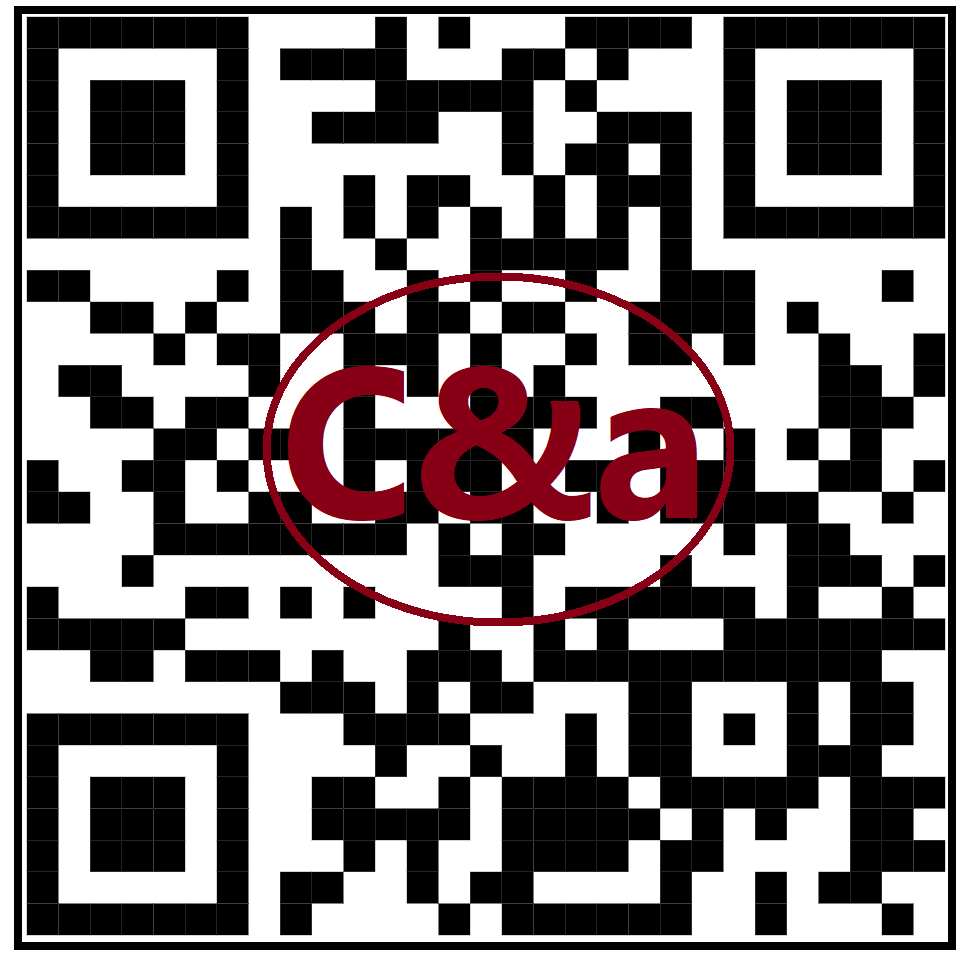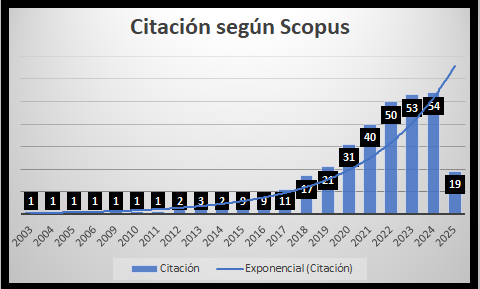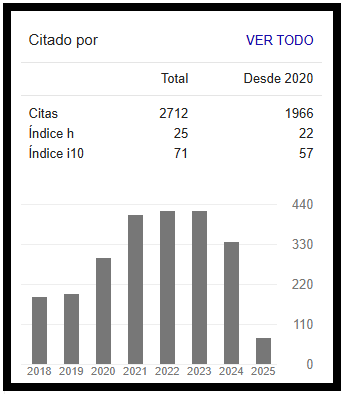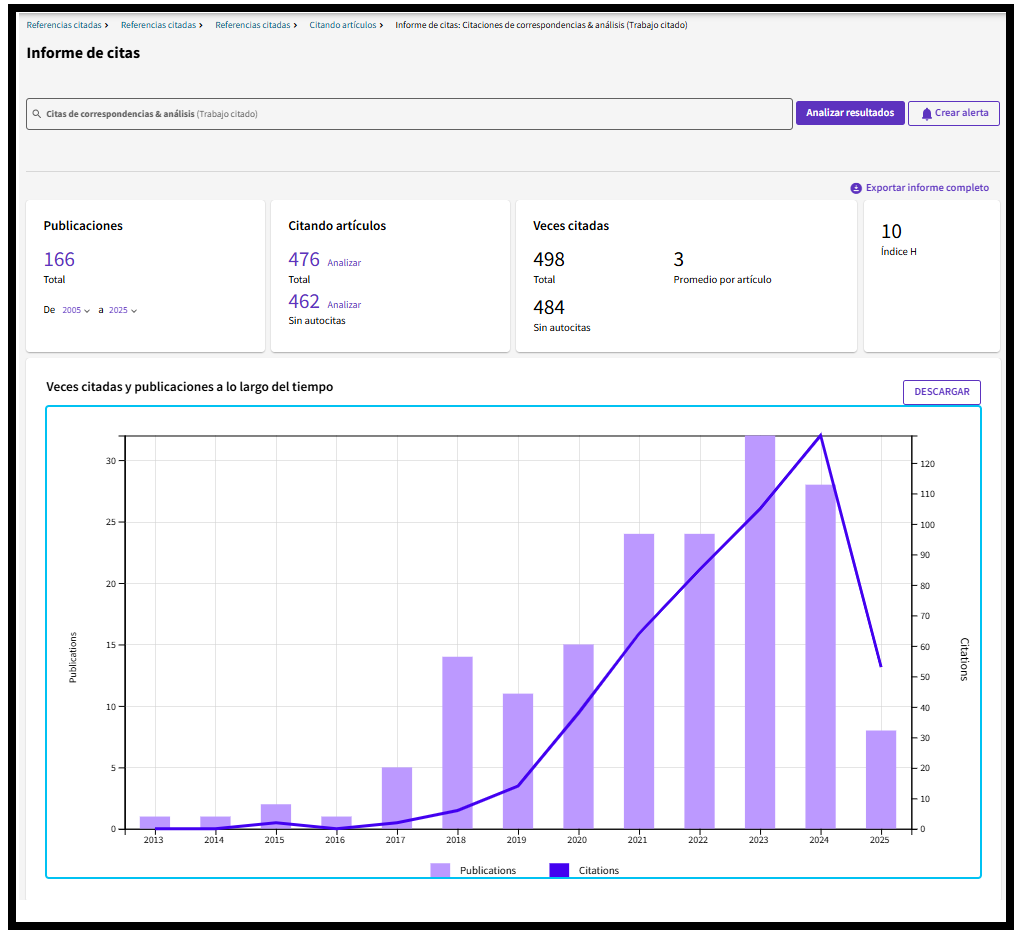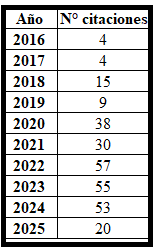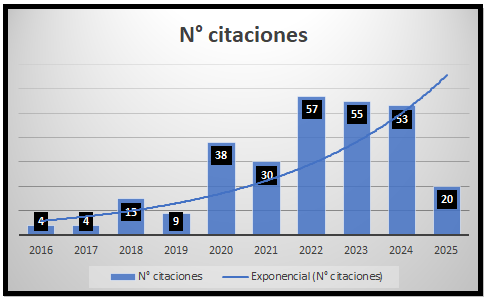Editorial
DOI:
https://doi.org/10.24265/Keywords:
EditorialAbstract
Nowadays, it surprises no one that the field of Communication Studies is inherently multidisciplinary. The past fifty years testify to the numerous trends and changes that have compelled communication researchers to seek new theoretical frameworks and paradigms due to transformations within the scientific field itself and the urgencies of civil society. Not long ago, Oliver et al. (2024), writing for Human Communication Research, described our era as marked by «accelerated technological changes, transformations in political discourse, evolutions in interpersonal communication, and a greater appreciation for the importance of diversity and inclusion» (p. 143). Amidst this circumstances, academic journals have the
mission to offer empirical studies that reflect the latest developments in the field (whether it be big data, artificial intelligence, disinformation, platform capitalisms, etc.), without neglecting the development of theories aimed at explaining their findings. This issue of Correspondencias & Análisis comprises works that seek to account for this diversity, but also for the important theorizing activity that the study of communication demands.
Metrics
Downloads
Downloads
Published
Issue
Section
License
Copyright (c) 2024 Alejandro Nuñez Alberca

This work is licensed under a Creative Commons Attribution 4.0 International License.
In case the manuscript is approved, the authors retain the copyright and assign to the journal the right to publish, edit, reproduce, distribute, display and communicate in the country of origin and abroad by means of print and electronic media in different databases.
In order for this procedure to be recorded, the author must fill out the following formats:
Format 1 - Author data Format.
Format 2 - Affidavit on originality and authorization for the publication of articles Format.
Format 3 - Open Science Compliance.







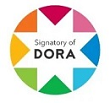
2.png)


